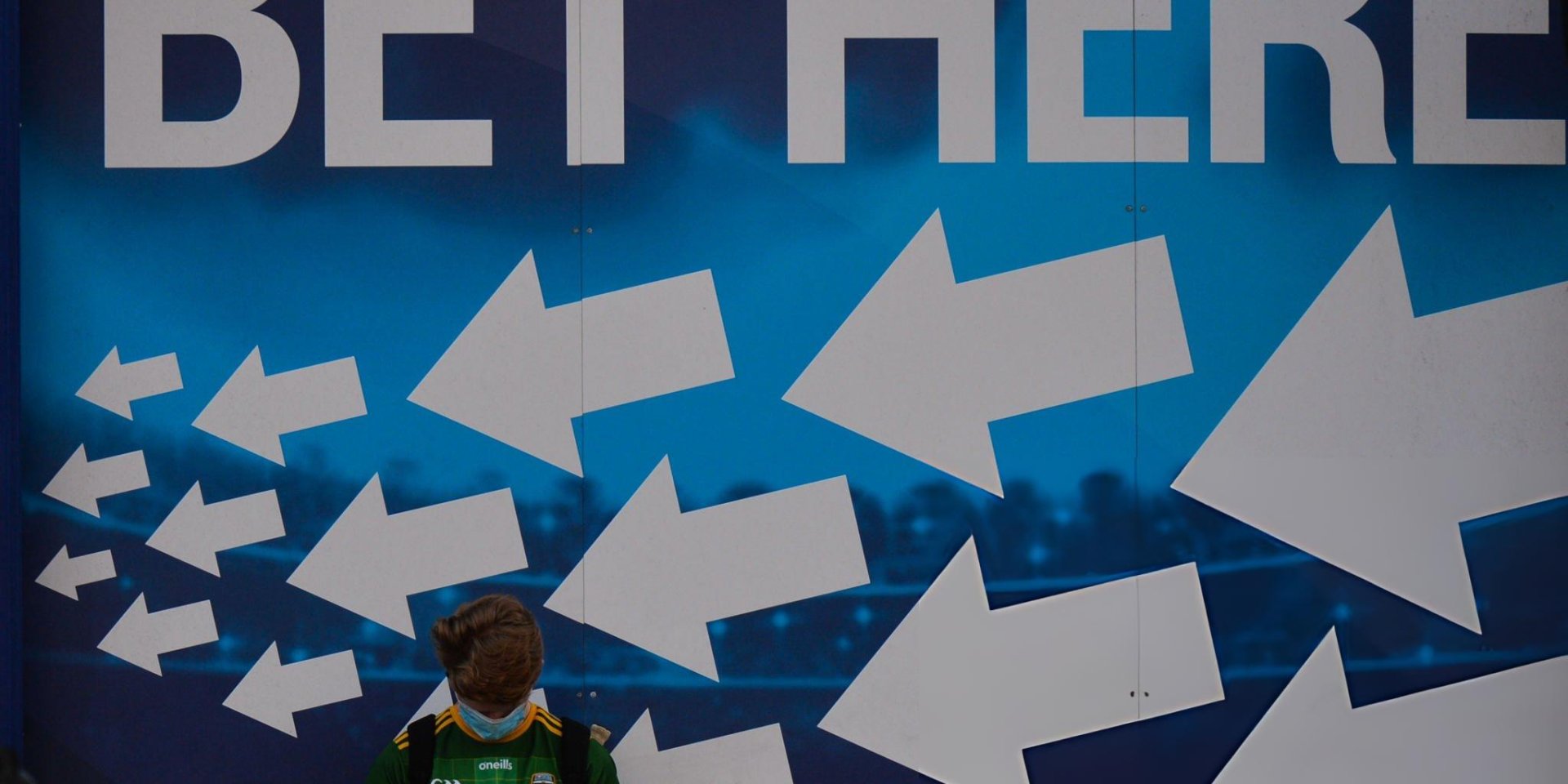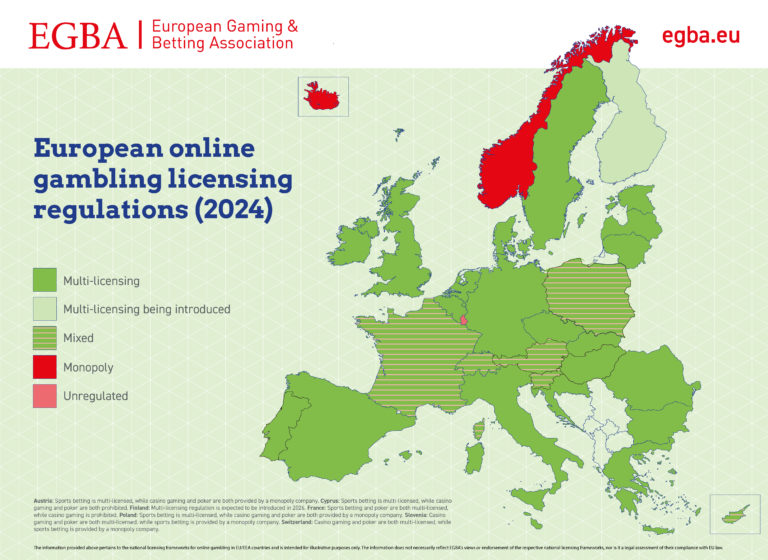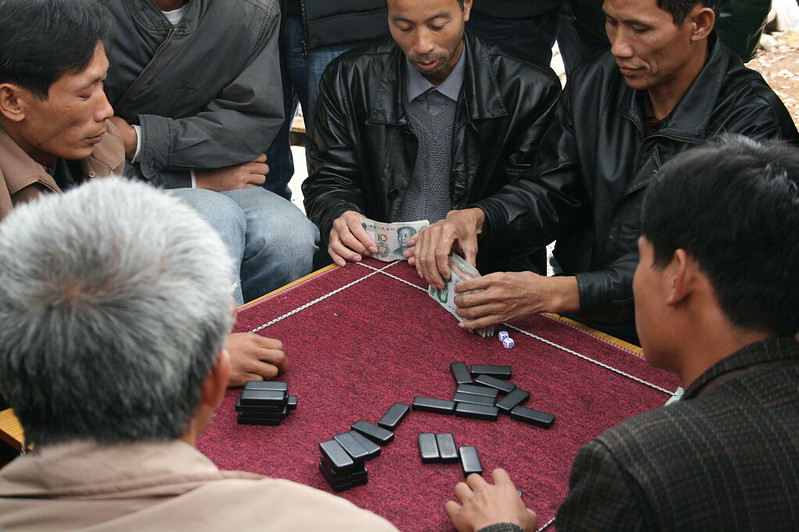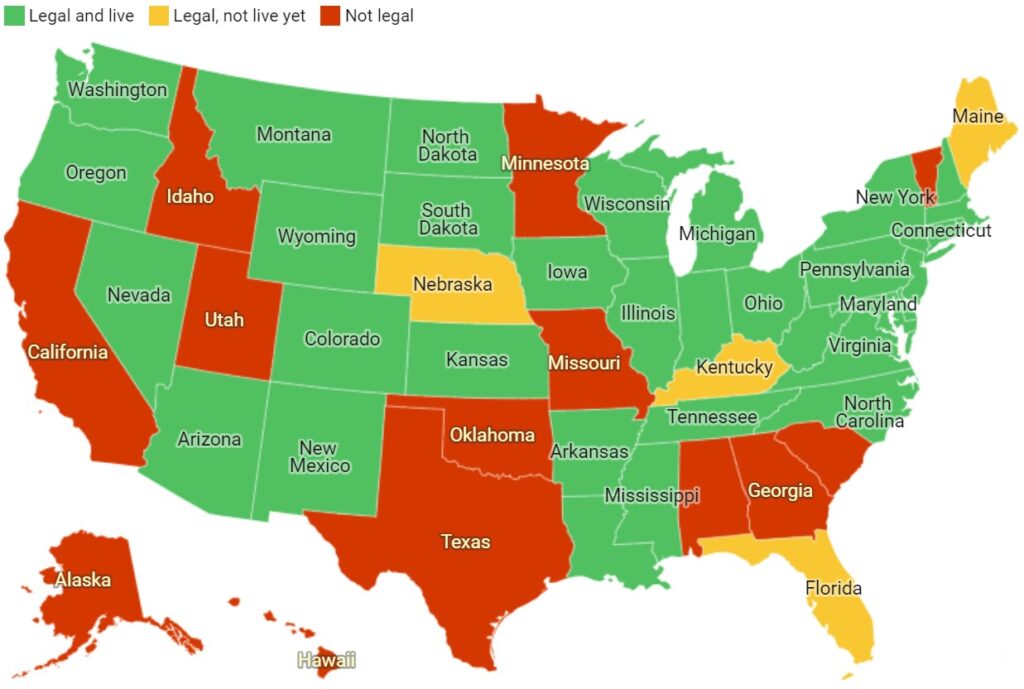
The legalization of sports betting is a topic where taxes, social policy, religion, and history intersect. Bookmakers point to transparent budget inflows, sponsorship of leagues and clubs, and infrastructure development. Opponents emphasize moral and religious prohibitions, compare betting with other addictions, and call for a crackdown. Viewed more broadly, the world’s stance on betting looks like a colorful mosaic: in some places bettors find licensed apps and official betting shops (ППС), while elsewhere a shadowy underground and harsh penalties prevail.
Europe: Near-Universal Legalization and Kosovo’s Painful Lesson

The European market is generally friendly to betting: most countries operate licensing regimes, clear KYC rules for player identification, and safer-gambling mechanisms. Kosovo is the outlier—after a series of high-profile crimes in 2019, the authorities imposed a ten-year moratorium on casinos and betting, leaving only the state lottery. The rationale was tough: local gambling venues were being used as cover for criminal activity, and the state chose to act decisively.
Albania followed a similar script but with a different ending: a prolonged ban pushed money into the grey market. In 2024 the moratorium was lifted and legal online wagering returned—with taxes, compliance, and oversight.
Middle East: From Total Taboo to Cautious Experiments
Across much of the Arab world, a strict religious approach prevails: in Saudi Arabia, gambling can lead not only to heavy fines but to prison and even asset confiscation. Bahrain appears more liberal in everyday practices (nightclubs, private poker gatherings), yet on betting it follows the regional line: no legalization.
The UAE stands out against this backdrop. In 2023 the GCGRA was created—a new regulator whose task is not prohibition but rule-making. The first national lottery has already been approved, and in the medium term a casino is planned on the artificial Al Marjan Island—a symbolic pivot from blanket “no” to a managed model.
Lebanon is the region’s unique “island of freedom.” The Ministry of Finance granted a single online betting license to BetArabia—effectively a monopoly with a clear entry point for players.
Southeast Asia: Tourism Demands Flexibility—But Not Everywhere

Regulation in Southeast Asia often balances religion, tradition, and tourism. Thailand and Indonesia keep prohibitions in place without exemptions even for visitors. By contrast, Vietnam and Cambodia welcome foreigners to bookmakers and casinos while restricting participation by locals.
Malaysia is a case apart: religious status is decisive. A person’s faith is listed on the national ID card, and Muslims are prohibited from gambling. Bets are accepted only from non-Muslims—an uncommon example of a faith-based “filter.”
India: A Victorian Law Meets Digital Reality
India’s framework rests on the Public Gambling Act of 1867, which bans gambling in “public places.” The internet was not on 19th-century lawmakers’ radar, so online betting fell into a kind of grey zone: there is no clear nationwide ban on remote wagering, but there is no full-fledged regulation either. From there, it is up to the states: some permit, some prohibit, and others simply do not interfere. On Goa, for example, the rule is interpreted in favor of the online format.
Horse racing is a world of its own. The Supreme Court has classified it as a “game of skill,” so betting at racecourses is legal across the country—an exception that has endured for over a century.
China and the Special Administrative Regions: Two Gateways for Gambling

On mainland China, gambling is banned (lotteries excepted), which makes Macau the center of legal entertainment. Casinos, poker, slots, and offline betting are permitted; online sports wagering is formally closed. A narrow exception—Macau Slot—does not meet true demand, which frequently spills over to illegal channels.
In Hong Kong the monopoly belongs to the Hong Kong Jockey Club: as the name suggests, the core is horse racing, with a small football pool alongside. All other bookmakers are illegal for locals.
Latin America: A Legalization Trend with Brazil as the Locomotive
Since the 2020s, policymakers across the region have increasingly reached a simple conclusion: bans feed illegals, while regulation and licensing feed budgets and sport. Several countries have enacted laws to legalize online betting or lifted prior moratoria.
Brazil is the brightest example. Arguably the largest and most dynamic market in the world, its combined monthly traffic to betting platforms exceeds three billion visits, with the United Kingdom a distant second. Across the region, an “absolute zero” is rare: brick-and-mortar betting shops (ППС) are often permitted, while the online segment long existed in a grey zone that neither punished users nor protected them. Venezuela is typical: large retail locations are concentrated in Caracas, and online it is “every player for themselves.”
North America: Federalism in Action and Cuba’s Staunch Defense

In the United States, the turning point came in 2018 when the Supreme Court ruled that states could decide betting policy for themselves. Today legal wagering is available in more than three dozen states. Uniformity is absent, though: conservative Texas blocks legalization initiatives, and the state’s lieutenant governor, Dan Patrick, has publicly linked betting to rising crime and violence.
The antithesis is Cuba, where an absolute ban—including lotteries—has been in force since 1959. In practice, demand has gone underground: illegal betting points and the traditional “La Bolita,” where numbers from 00 to 99 are chosen and results are pegged to external references. The government fights it, but ordinary players are seldom prosecuted.
Africa—A Continent of Contrasts: From the Whip to Billion-Strong Audiences
North: Religious Stringency, Monopolies, and Cautious Grey Zones
Algeria, Libya, and Sudan maintain a hard line: a ban is a ban. In Egypt, casinos cater to foreigners, and the online bookmaking market is effectively grey—without showy crackdowns. The most calibrated compromise is in Morocco: a de facto single operator, a high tax on winnings plus mandatory social contributions—soft for players it is not, but it is revenue-friendly for the budget. Sudan sits at the other pole: Sharia norms prescribe corporal punishment for gambling—and unlike many neighbors, that is not merely on paper.
East: Hyper-Engagement with Targeted Prohibitions
Kenya, Uganda, and Tanzania rank among the world’s leaders by the share of adults who bet regularly. Mobile betting, live markets, and micro-odds have made the habit mass-market. On the opposite side is Eritrea, where only about 20% of the population has any internet access; speeds are low and site choice is limited—so the market is de facto absent. Somalia offers a curious case: the autonomous Puntland region recognized an international operator for a time, but later the regional authorities synchronized with the nationwide ban.
West: Nigeria as the Engine
Nigeria is one of the planet’s most energetic markets: tens of millions of active bettors and billion-plus annual traffic. The state imposes order through tax policy: from 2025, winnings are taxed, and operators pay a slice of aggregate deposits. In Mali and Niger, bans exist on paper but without tough sanctions—hence a booming grey online sector.
South: South Africa Sets the Standard
South Africa legalized betting back in 2004 and is now a major hub with numerous local and international brands. Even Zimbabwe, where the online piece is not yet fully regulated, is moving toward formal oversight—changes to the tax regime on payouts are a telling signal.
Australia and Oceania: Tough Compliance and a Small “No” in Mid-Ocean

Australia is among the world’s most gambling-active nations. According to research by StatiSense, nearly 20% of the population plays regularly—not only betting but casino and poker as well.
The country operates a complex framework: a federal law plus state-level regulators. Betting is viewed more favorably than poker—online card games are prohibited. Foreign bookmakers can operate on a legal footing. There are strict common requirements for player identification; for high-value bets, source-of-funds checks may be requested.
Tuvalu is the only independent state with an outright ban. In this Christian society of around 12,000 people, fears that betting could harm family values keep legalization off the agenda entirely.
Bans Alone Don’t Work: Betting Still Finds a Way

Industry estimates suggest that roughly a quarter of the world’s population takes part in games of chance at least once a year, and the share of adults who place online sports bets is approaching one fifth. Europe retains the largest share of global revenue—not because engagement is highest, but thanks to larger average stake sizes and mature regulation. Latin America and Africa are the fastest-growing regions; the smartphone internet has made pre-match and live lines just a tap away.
The key practical takeaway for governments is simple: bans push the market into the shadows, where there are no taxes, no responsible-gambling practices, and no client protection. Legalization with well-designed compliance, limits, KYC, and responsible marketing is not a “party,” but a way to regain control, support sport, and mitigate social risks. The global map confirms it: regardless of latitude and longitude, demand does not disappear—it merely changes channels. Where authorities choose a managed model, more often than not it is not only operators who benefit, but society as a whole.








